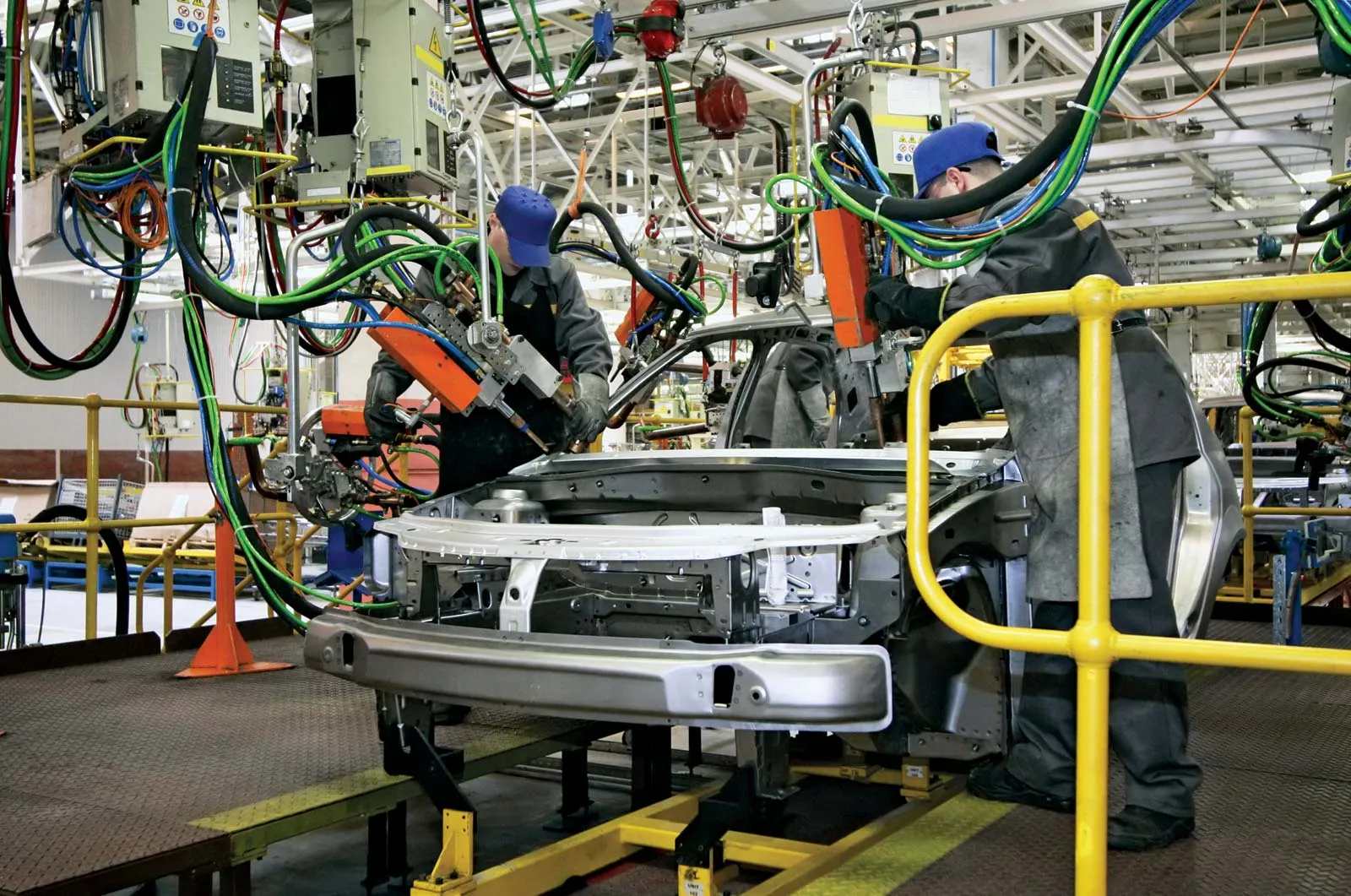The automobile industry is one of the most important industries in India. However, the future of the sector is looking uncertain. This is mainly due to the economic slowdown and a lack of innovation and research. Government initiatives are being made to solve these issues. These include the use of autonomous vehicles and more.
Electricity
If India wants to make a clean-burning fuel and become a net-zero emission nation by 2070, it needs to transform its transportation system. The shift to electric vehicles could help realize this goal.
Several states have recently passed EV policies, aimed at attracting industry investments. These policies aim to make EVs more affordable for consumers and to encourage the development of a local manufacturing ecosystem.
California, for example, has launched a state-level EV policy. It requires the adoption of 20% EVs by 2025 and provides several purchase incentives for EVs, as well as incentives for charging infrastructure.
The federal government also has policies in place to accelerate the EV industry. According to these policies, a 100 percent duty exemption on electricity will be available for electric vehicles for five years.
Connectivity
The automobile industry in India is paving the way for a connected future. However, there are many challenges ahead for both the industry and the telco sector.
One challenge is the rising cost of vehicle connectivity. OEMs are having difficulty making up for this expense. You can make some handsome money at high roller casinos in usa, Besides the financial hurdles, there is also the issue of consumer privacy.
Another challenge is to make sense of the ever-growing amount of data that is being collected by vehicles. This can be an important factor in helping manufacturers understand their customers and their needs.
In addition to the data, there are other benefits to having connected vehicles. The technology can help carmakers improve safety and traffic congestion, and can reduce carbon emissions. It can also provide better in-vehicle communication.
Autonomous vehicles
Autonomous vehicles (AVs) are a combination of sensors, software and sophisticated algorithms. They utilize image sensors, laser, radar, ultrasonic and infrared sensors to detect objects. In addition, they can also use advanced telematics features such as car sensor data, driving behavior and other vehicle health parameters.
As autonomous vehicles become more advanced, the technology has caught the attention of several hardware and software companies. In fact, the AV industry is estimated to be $50 billion by 2030. However, it faces many challenges. These include the legal, social and technological.
The AV market has a number of players, including Honda Motor Co., Ltd.; Toyota Motor Corporation; Ford Motor Co.; Tesla Motors; and Waymo. Additionally, there are some start-ups. You can find some best real money casino sites here. Some of them are taking advantage of proprietary hardware and algorithms to build a solution that improves safety and security.
Government initiatives
The automobile sector in India is a large contributor to the growth of the economy. While the automobile industry is growing, it should also look towards innovations and new technologies to help the nation become more self-reliant. It can also work towards reducing the carbon footprint in the country.
The government has put in place several initiatives that will encourage growth and development in the automobile sector. These initiatives include incentives to make vehicles more energy efficient and greener, and promoting alternative fuels. Also, the government has launched state and national policies to help reduce the cost of fuel.
For instance, the government has launched a scrappage policy to help phase out older, polluting vehicles. This policy will create an opportunity for young people in the automobile industry.
Economic slowdown
The automobile industry in India is facing a major slowdown, with sales down by more than 40% in the last few months. This is the worst slump in the industry’s history. Moreover, the country’s economic outlook is grim.
Several reasons are at play, including a slew of small changes and a rise in costs. It’s also a result of the government’s recent announcement of a number of measures to boost automobile demand. However, these measures will only provide a short-term relief, and the industry itself needs a long-term stable policy environment to survive.
There’s no doubt that the auto sector is a key driver of the Indian economy. The sector generates direct employment and stimulates jobs in many downstream industries. Yet, its ability to do so is threatened by a slew of factors, including expensive fuel, an increased cost of acquisition, and the introduction of the Goods and Services Tax (GST).
The auto industry is facing several challenges, but the most important is the drop in sales. OEMs have adopted strategies to deal with slowing sales growth, but the overall trend is negative. Consequently, many workers have lost their jobs.


